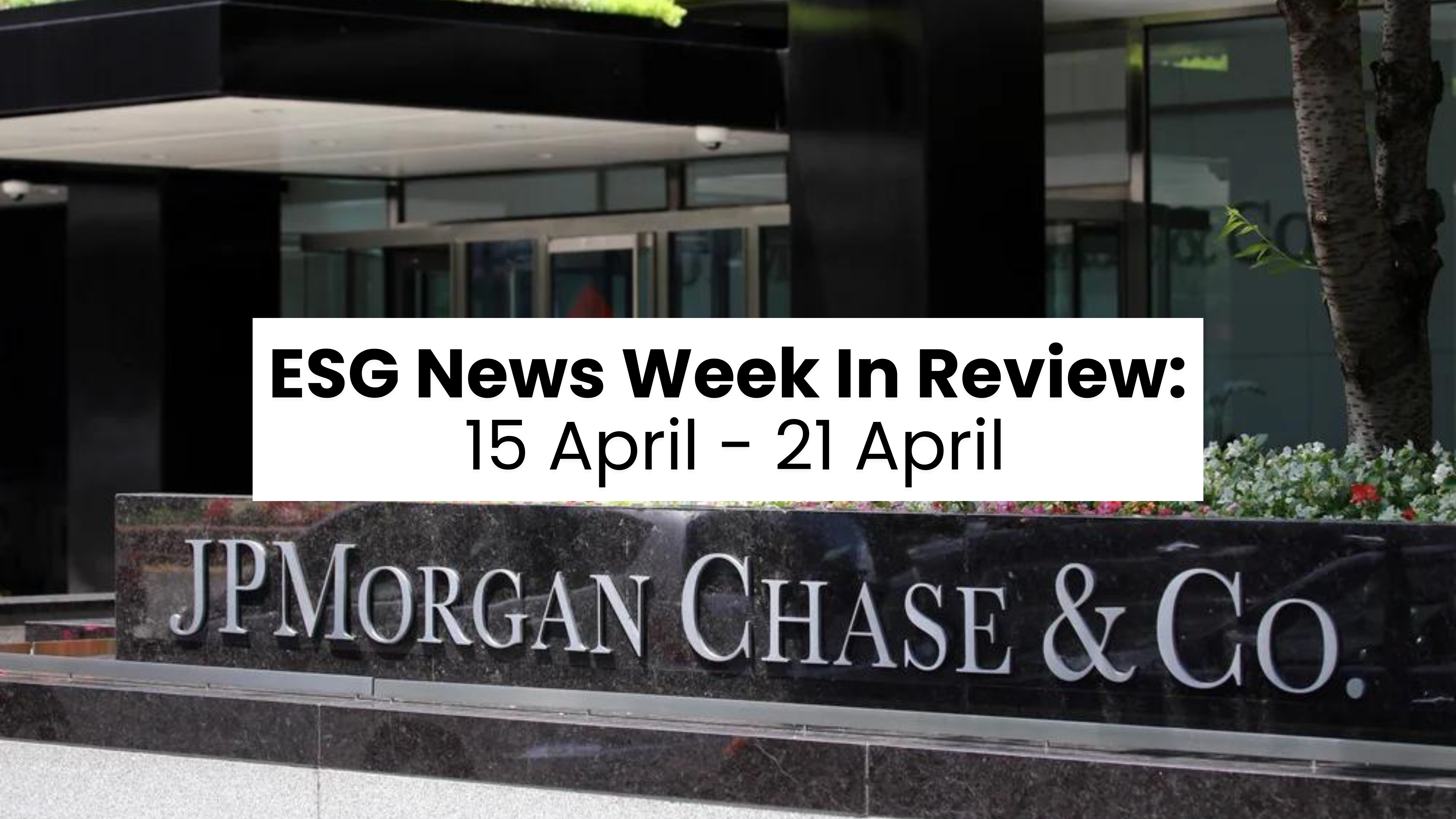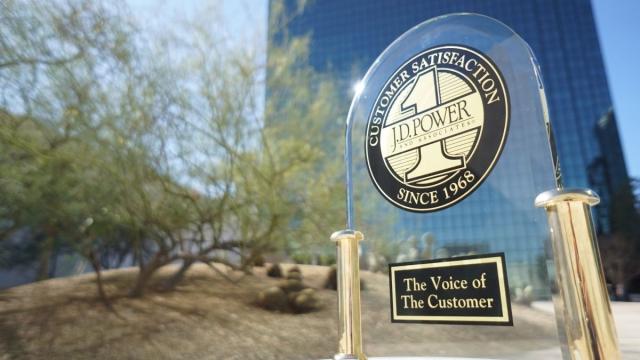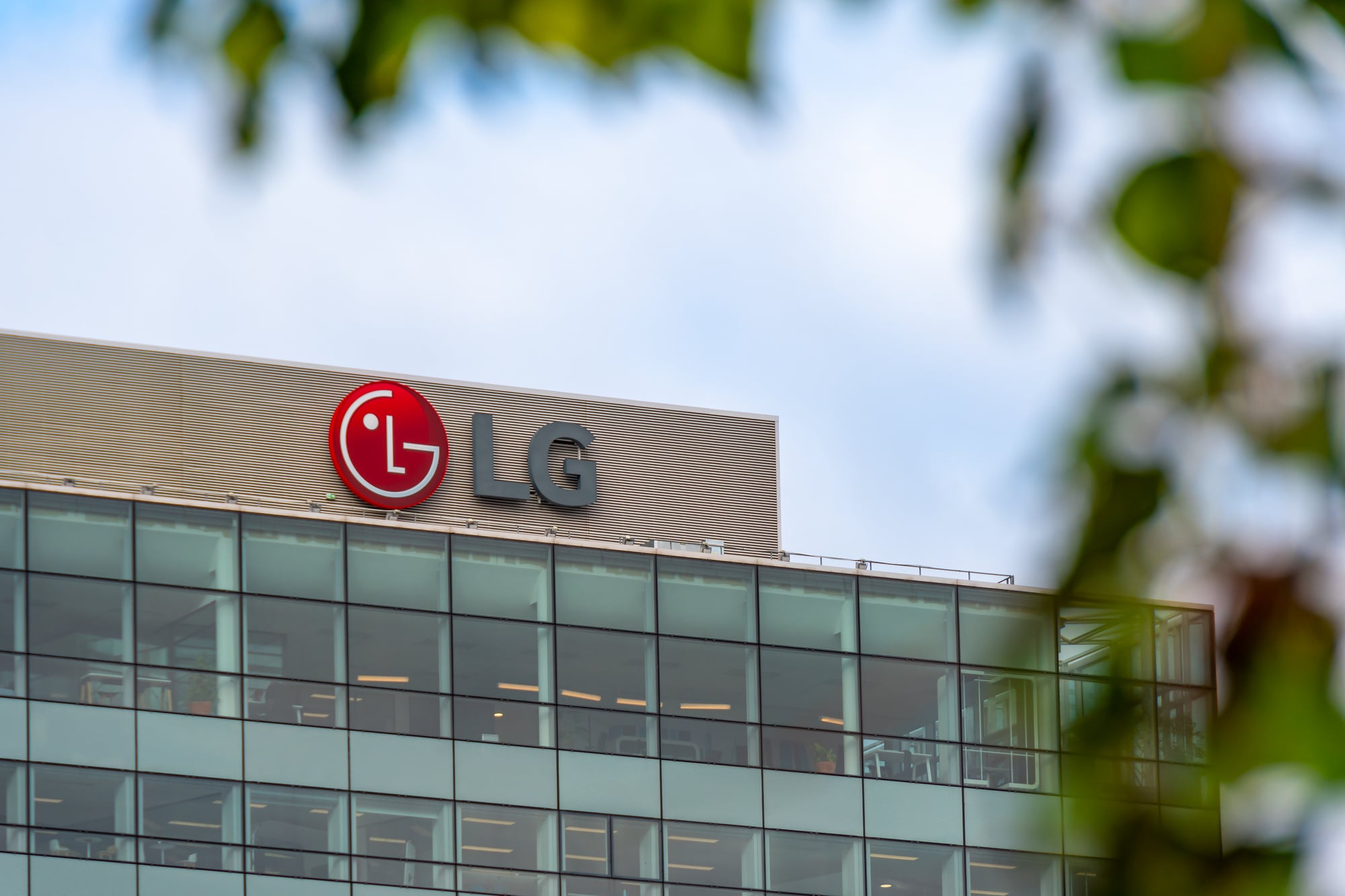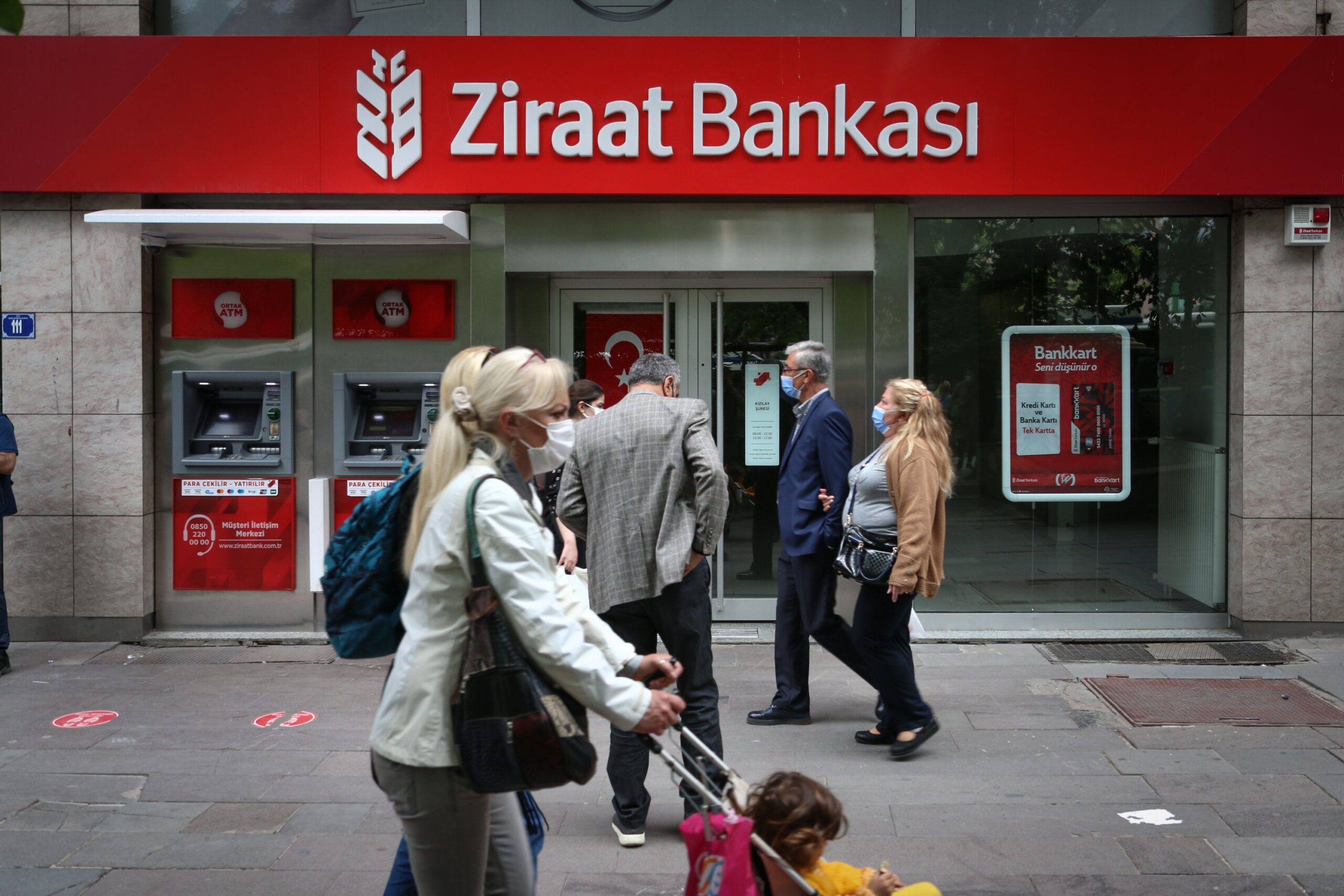RMI, Lagos Energy Academy and the Nigerian Electricity Regulatory Commission to Scale Renewable Energy in Nigeria
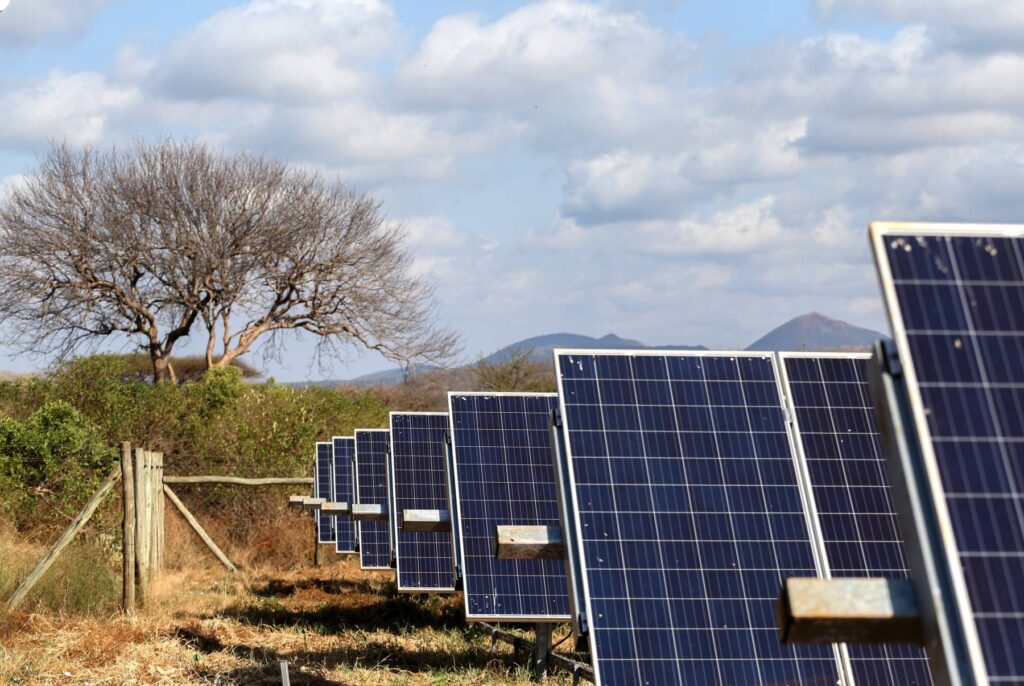
|
Listen to this story:
|
RMI’s Energy Transition Academy accelerates action to advance distributed energy resources (DERs) in collaboration with the Lagos Energy Academy (LEA) and the Nigerian Electricity Regulatory Commission (NERC).
NERC Commissioner, Dr Yusuf Ali addressed RMI’s Global Fellowship Program participants concluding the Nigeria cohort’s six-month training program. The event brought together distribution companies (DisCos), project developers, financiers, and other industry stakeholders to advance key questions, barriers, and opportunities to accelerate utility-enabled DER projects. Commissioner Ali highlighted the important role of DisCos in Nigeria’s energy transition and recognized the efforts of each fellow to contribute to advancing utility-enabled DERs.
“I wish to commend RMI for this initiative which will go a long way in preparing DisCos for DER implementation to help meet Nigeria’s energy transition targets,” lauded Dr Yusuf Ali, “NERC has developed regulatory interventions to allow private sector participation in the power sector, and as it grows, there is a need to ensure we have the right skills set to scale projects. We hope for more programs like the Fellowship model with the ‘train-the-trainer’ approach to boost Nigeria’s DER knowledge base.”
“People are at the center of the energy transition. To achieve energy access and net-zero goals requires bold leadership, a skilled workforce, and millions more people working in the sector,” said Amber Zirnhelt, manager of RMI’s Energy Transition Academy. “The Leadership Accelerator focused on opportunity and innovation, convening many of Nigeria’s brightest minds who are actively leading solar energy development and who are motivated to be at the forefront of scaling renewable energy country wide.”
“In addition to upskilling individuals and strengthening institutions to advance the energy transition in Nigeria,” says Raul Alfaro-Pelico, Senior Director, RMI Global South Program, “we need to draw lessons and share best practices to unlock clean energy investments, create green jobs and empower communities for a just and equitable transition across Africa, Small Islands and Southeast Asia.”
“An essential but often overlooked element of the energy transition in Nigeria is workforce development. To meet the national target of getting to net-zero by 2060, we need a significant number of skilled professionals to bridge the capacity gap in implementing clean energy projects,” says Suleiman Babamanu, Nigeria Program Director, RMI, “We need to invest in building the capacity of the DisCos as they look to scale utility-enabled DERs and other professionals as we transit to cleaner energy sources.
See related article: Nigeria Sovereign Investment Authority and Vitol to Invest $50 Million in Carbon Removal Projects
The LEA was a key program delivery partner, providing technical training during the program and organizing site visits to solar energy facilities in Lagos State.
“We need to see funding continue to be directed toward capacity building to support Nigeria’s power sector and to bring DisCos, developers and other key stakeholders together,” says Siwoku Adewunmi, Head, Lagos Energy Academy, “This will help build local expertise to meet the needs of the transition to renewable energy and keep talent in-country.”
The fellowship program was made possible with support from Shell. Belinda Ikazoboh, Vice President Emerging Markets Power at Shell, said “We are a proud sponsor of the Energy Transition Academy. This initiative helps to further boost the clean energy workforce in West Africa, a critical element to accelerate and ensure a cleaner, more reliable, and more affordable energy future for everyone.”
NERC served as a program guest host, grounded in its authority on electricity regulation and emphasizing the role of utilities in closing the energy access gap effecting nearly 90 million Nigerians who do not have access to reliable, affordable electricity. One opportunity, scaling DERs, would supplement the Nigeria Energy Transition Plan in unlocking 340,000 jobs by 2030. Africa will need four million energy-related jobs to reach universal energy access — a workforce that will require technical training and know-how while fitting into broader goals of boosting economic prosperity and combating climate change.
The Leadership Accelerator rounded off RMI’s Global Fellowship Program training delivered in partnership with Lagos Energy Academy. And Fellows had the opportunity to visit the Lagos Business School’s 350 kW solar PV system, which provides 60% of the school’s electricity needs, and to engage in learning experiences on commissioning utility-enabled renewable DERs. The site visit and workshop sessions underscored the role and potential of solar PV minigrids and battery storage in providing off-grid solutions to those without reliable power.
Supporting energy leaders such as the fellows to drive the energy transition requires training, peer community, and strategic partnerships. These key program ingredients designed based on needs identified by program participants aim to help prepare a skilled workforce to implement renewable energy projects efficiently and rapidly, which is critical for the radical implementation of DERs.
“Joining the fellowship gave me and my colleagues the opportunity to develop skills that can help us to implement 50–100 projects, as opposed to the couple of projects that we had done,” said Omosede Imohe, DER team lead, Abuja Electricity Distribution Company (AEDC).
Fellows represented four Nigerian DisCos that are actively advancing utility-enabled DER projects: Abuja Electricity Distribution Company (AEDC), Ibadan Electricity Distribution Company (IBEDC), Eko Electricity Distribution Company (EKEDC), and Ikeja Electric (IE).

